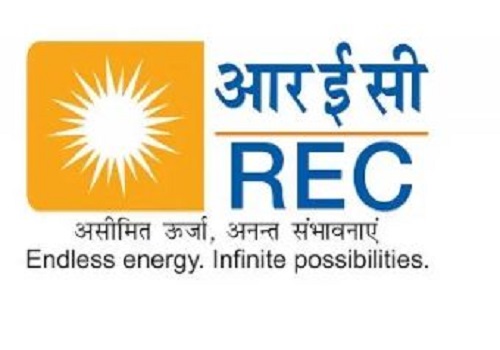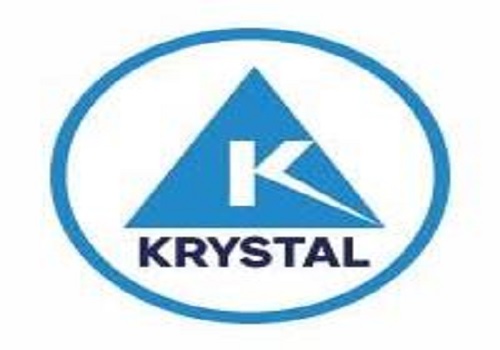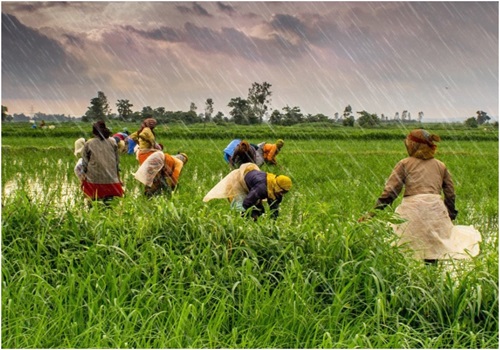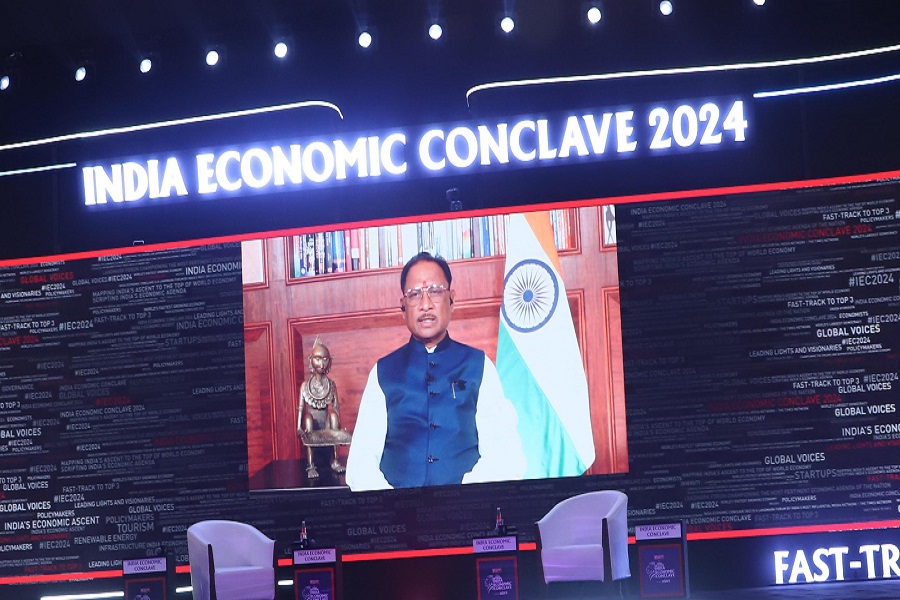Ethanol-blended petrol sold by Indian firms crossed 13 pc mark in 2023-24: Minister

During the current supply year (2023-24), the blending of ethanol (alcohol) with petrol has already crossed 13 per cent compared to the corresponding figure of 12.06 per cent in 2023-24, when the blending of ethanol with petrol increased to more than 500 crore litres, Minister of State for Petroleum and Natural Gas Suresh Gopi informed the Lok Sabha on Thursday.
Government-owned Oil Marketing Companies (OMCs), Indian Oil, Bharat Petroleum and Hindustan Petroleum, have invited bids for the supply of almost 66 crore litres of ethanol for the supply year 2023-2024, which falls between November 1, 2023 and October 31, 2024.
Under the Ethanol Blended Petrol (EBP) Programme, the OMCs increased the blending of ethanol with petrol from 38 crore litres in Ethanol Supply Year (ESY) 2013-14 to 302.3 crore litres in ESY 2020-21 with corresponding increase in blending percentage from 1.53 per cent to 8.17 per cent.
During the corresponding period, the consumption of petrol itself has also increased by approximately 64 per cent, the minister said.
The production of fuel-grade ethanol and its supply to OMCs has increased by more than seven times from ESY 2013-14 to ESY 2020-21.
“Encouraged by this performance, the government decided to advance the target of 20 per cent ethanol blending in petrol from 2030 to ESY 2025-26,” the minister explained.
In order to achieve the 20 per cent ethanol blending target by ESY 2025-26, the government has taken several measures which include a detailed road map for ethanol blending in India; expansion of feedstock for the production of ethanol; remunerative price for procurement of ethanol under the EBP Programme; lowered GST rate to 5 per cent on ethanol for EBP Programme; amendment in Industries (Development & Regulation) Act for free movement of ethanol across states for blending, the minister said.
An interest subvention scheme for enhancement and augmentation of ethanol production capacity in the country; regular floating of Expression of Interest (EoI) by Public Sector OMCs for procurement of ethanol has also been undertaken, he added.
The National Policy on Biofuels-2018, as amended in 2022, has identified various feedstock for ethanol production, this inter-alia includes heavy molasses, sugarcane juice, sugar, sugar syrup, biomass in the form of grasses, agriculture residues (rice straw, cotton stalk, corn cobs, sawdust, bagasse etc.), sugar containing materials like sugar beet and sweet sorghum, the minister said.
Starch containing materials such as corn cassava, rotten potatoes, agro-food pulp industry waste, etc., damaged foodgrain like broken rice, foodgrain unfit for human consumption, foodgrain during surplus phase as declared by National Biofuel Coordination Committee (NBCC), industrial waste, industrial waste off-gases, algal and cultivation of seaweeds are the other feedstock that have been identified, the minister added.










More News

Chhattisgarh CM Vishnu Deo Sai highlights government`s industrial policy at India Economic ...













